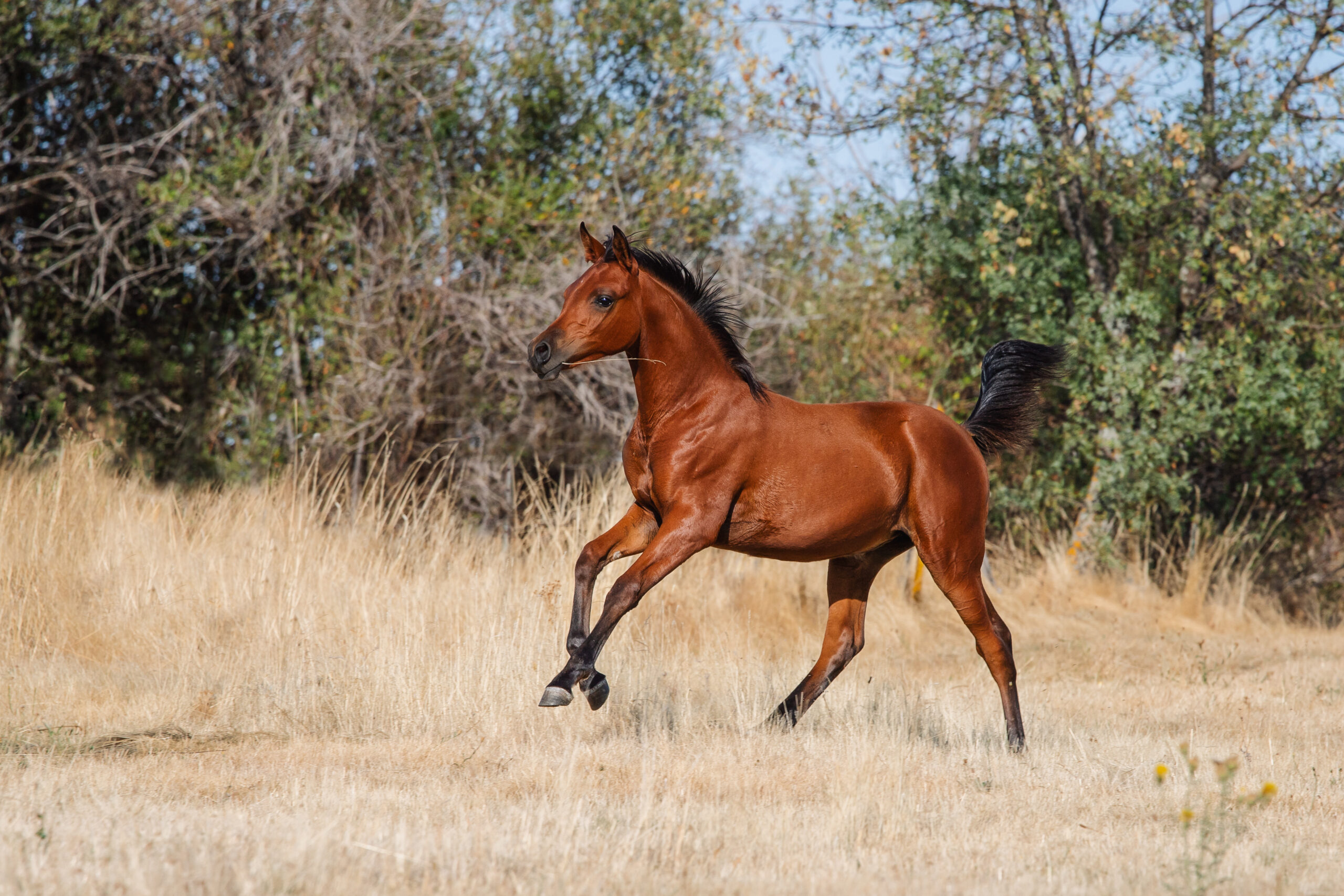Katie Steedly’s first-person piece [The Unspeakable Gift] is a riveting retelling of her participation in a National Institutes of Health study that aided her quest to come to grips with her life of living with a rare genetic disorder. Her writing is superb.
In recognition of receiving the Dateline Award for the Washingtonian Magazine essay, The Unspeakable Gift.
Enter your email here to receive Weekly Wide-Awake
Confession: No Thanks

Gratitude is the memory of the heart.
French Proverb
I have been looking at gratitude for a few years now. In the Prologue to Diana Butler-Bass’ Grateful: The Subversive Practice of Giving Thanks, she frames her gratitude journey. I feel a gratitude kinship with Butler-Bass. We share an absolute belief both in the power and complexity of gratitude. We both come to our gratitude work from particular perspectives. I situate myself a philosophically curious, politically aware, arts loving, grounded theory practicing, applied researcher. In claiming her space, Butler-Bass gives me permission to do the same. She also gives me permission to acknowledge the struggle of real, honest to goodness, consistent gratefulness.
“Me” and “We”
Butler-Bass sees two issues surrounding gratitude. She explains, “The first involves ‘me.’ Why is it hard to practice gratitude in meaningful and sustained ways?’ … The second concern involves ‘we.’ What might it mean to live together as a thankful society?” Distinguishing between “me” and “we” when talking about gratitude expands the concept in useful ways. It moves the gratitude conversation in a positive direction – away from judgement, scarcity, and self-centeredness toward communal, generous, and practical application in our world. She argues that, “gratitude is not a transaction of debt and duty. Rather, gratitude is a spiritual awareness and social structure of gift and response. Committing ourselves to exorcising the ghosts of the old model and embracing and practicing gift-and-response gratefulness will empower both personal and social change. And it might be what saves us, as individuals and communities.” Thats a big deal.
Emotions and Ethics
Butler-Bass asserts gratitude involves both emotions and ethics. She offers a “balanced model of gift-and response gratitude” which includes feelings and action, and the personal and public spheres. Drawing these distinctions is helpful. As someone who, in the process of my investigation, has created “analytic codes” of gratitude focused on story, service, and friendship, the depth and clarity of her balanced model makes sense. As someone who seeks to understand the spiritual force of gratitude from an operational perspective in order to create more of it in our world, her balanced model makes even more sense.
Tying it all together, Butler-Bass explains that gratefulness can change things. She exclaims, “Really surprising things that helped me see my own life, my work, and the world from the perspective of gifts and responsiveness, empowering me with deeper resilience and a more profound sense of compassion for my neighbors well-being. Gratitude has made me more aware of sacredness and the Spirit, more committed to justice ands politics.” A few years ago, when the desire to write about gratitude woke me up in the middle of the night and shook my shoulders, that was change manifest. That was my wide-awakeness journey unfolding.
About Katie

From Louisville. Live in Atlanta. Curious by nature. Researcher by education. Writer by practice. Grateful heart by desire.
Buy the Book!
The Stage Is On Fire, a memoir about hope and change, reasons for voyaging, and dreams burning down can be purchased on Amazon.





